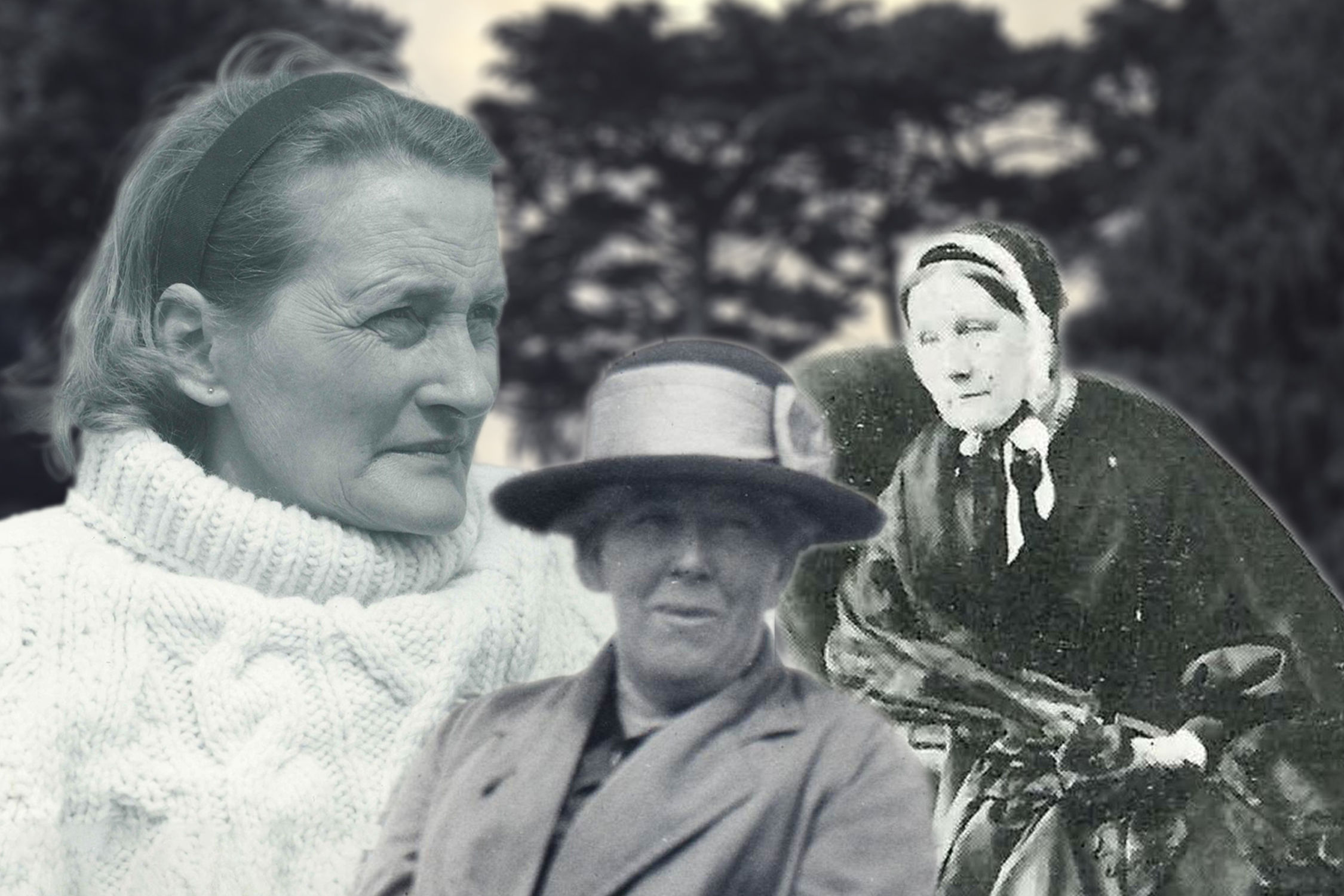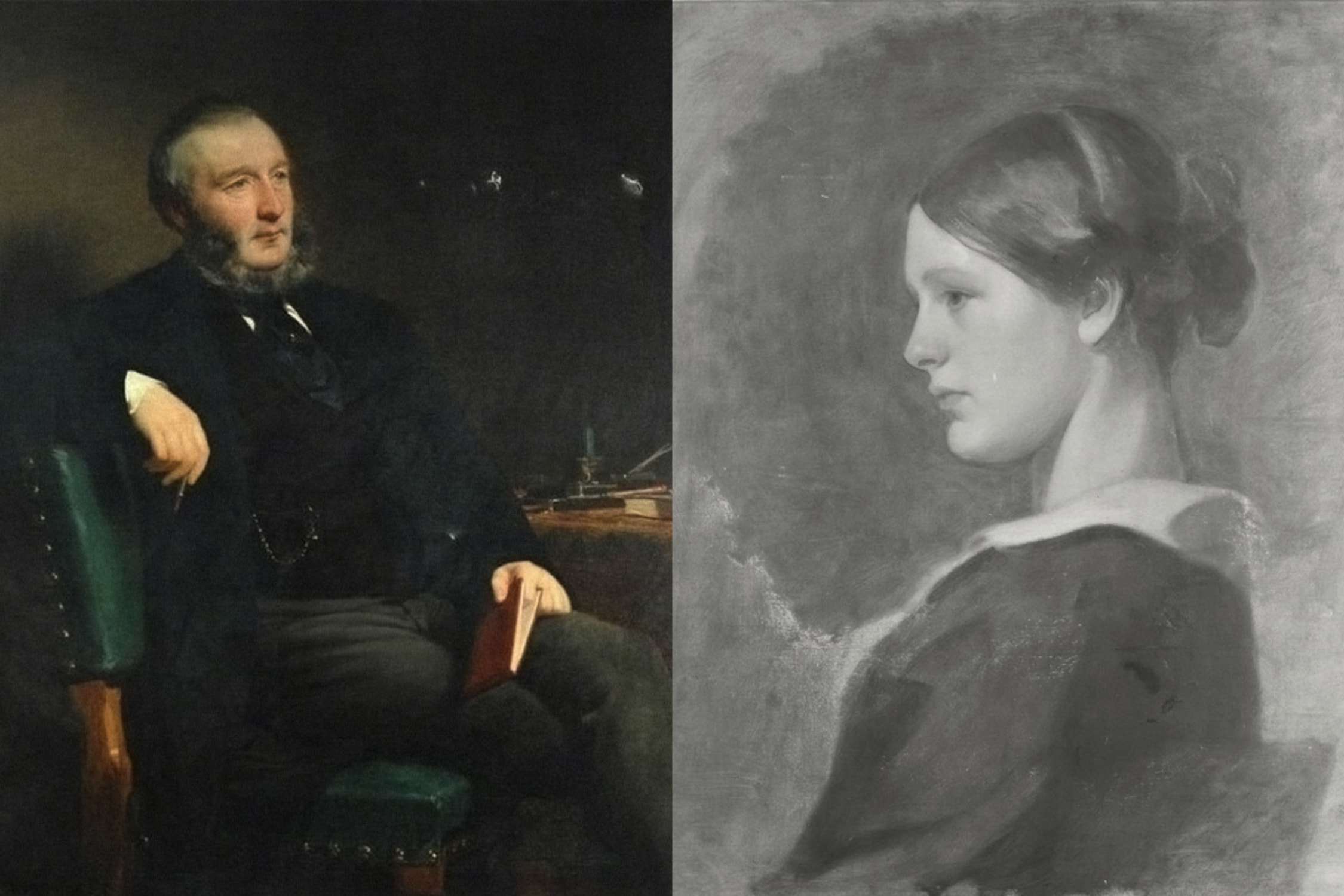The Trebah we know today has been shaped by many hands, but the first people to turn the wooded valley into a garden were the Foxes.
Trebah House and Garden was bought by the Fox family, a wealthy Quaker family with fingers in lots of pies: shipping, engineering, geology, mining, philanthropy and more. Charles Fox (1797-1878), and his wife Sarah moved into Trebah officially in around 1851, after Charles’ parents originally bought the house, garden and cove for £4,375 in 1838.
They were never far from family, as Glendurgan next door was bought by Charles’ brother Alfred and his wife, Sarah, and another brother, Robert Were Fox (the younger) lived at Penjerrick with his wife Maria Barclay. As a family, they are credited with the creation of several stunning local gardens, including, Glendurgan, Trebah, Penjerrick, Fox Rosehill and Meudon.
This is all thanks to the shipping company, started by their grandfather George Croker Fox (the elder), which would travel far and wide, bringing back with him incredible, exotic species of plants from Australia, Brazil, and others from warm temperate gardens to their own personal gardens here in Cornwall.
Charles Fox was known as an extremely intelligent man, he was President of The Royal Geological Society of Cornwall from 1863-1867, and then later took on the role of Chairman of the Royal Polytechnic Society after helping his nieces set it up in 1835.
His wife Sarah was also known fondly as an intellectual. A passionate philanthropist, author and poet, she is often overlooked in Trebah’s retelling of its history. Recently we have acquired a copy of her book Key To Catch Who Can (1869 as well as poems published in West Country Poets. Sadly, however, there is no surviving image of her that we know of.
The original planting by Charles was paramount to the longevity of the gardens life, as he began a shelterbelt on either side of the garden, planting Monterey Pine (Pinus Radiata), Maritime Pine (Pinus Pinaster) and Holm Oak (Quercus ilex) en masse to protect the garden from the worst elements.


